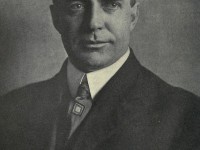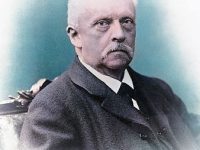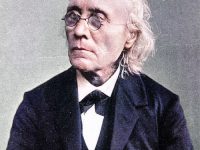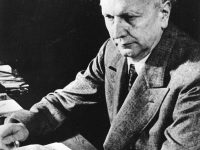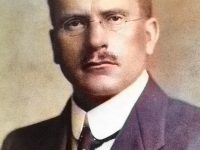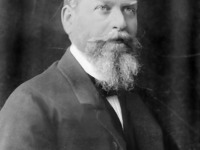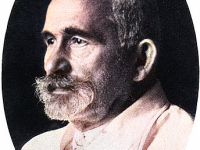Wilhelm Wundt – Father of Experimental Psychology
On August 16, 1832, German physician, physiologist, and philosopher Wilhelm Maximilian Wundt was born. He is one of the founding figures of modern psychology and was the first person to ever call himself a psychologist. In 1879, Wundt founded the first formal laboratory for psychological research at the University of Leipzig. This marked psychology as an independent field of study. Youth and Education Wilhelm Wundt is the youngest child of a Palatinate…
Read more


